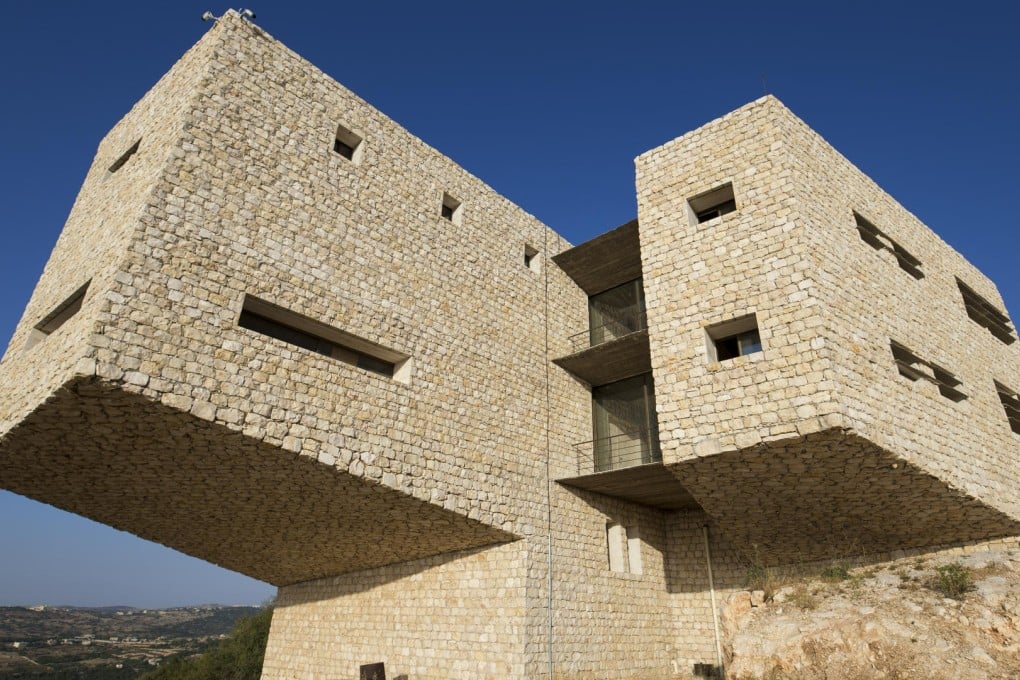Jordan homestays embrace sustainable tourism
From ancient olive trees to instinctive hospitality, Jordanians are using their natural resources to cultivate a sustainable tourist industry. Words and pictures by Daniel Allen

As the muezzin's early morning call to prayer echoes around the narrow, dusty streets of Orjan, Mohamad Dwekat and his wife, Maysoon, begin their day. Here in the Al Ayoun region of Jordan, about an hour north of the capital, Amman, the dawn air is deliciously cool and laden with the scent of pine and pomegranate. Cleaning out the - clay oven - in the courtyard of his simple home, Dwekat stops to greet a shepherd herding his flock of goats towards the nearby hills.
Three French tourists are scheduled to arrive at Dwekat's three-storey house before lunch. They will sleep in comfortable beds with crisp linen sheets. They will dine on the freshest hummus and mouth-watering (a casserole of meat and rice) from Maysoon's bustling kitchen. Guided by Dwekat, they will explore Al Ayoun's spectacular scenery and immerse themselves in Jordan's culture and hospitality.
"We want people to feel like they are staying with their own family in their own home," explains Dwekat, in broken English. "By the end of their stay, all our visitors have become friends, regardless of race or religion."

Dwekat's homestay is just one example of how sustainable tourism is breaking down barriers and bringing vital income to less well-off Jordanians across this typically conservative country. From Al Ayoun in the north to Azraq in the east and Dana in the west, projects run by and for communities are changing people's lives.
